

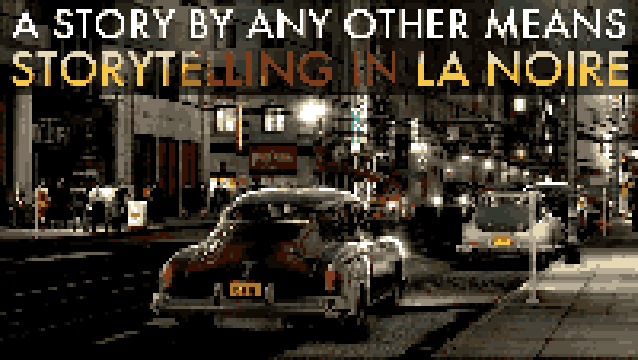
After finally finishing LA Noire and being really impressed with the game’s story, presentation, acting and characters, I find myself wondering about storytelling in games again. LA Noire is a pretty great game. It has a pretty great story, which is well written, and pulls some interesting narrative tricks, mostly changes of perspective, in its last third. But no matter how impressed I am by all of this, I come back wondering. Is this a game’s story? Is this really a good way for a modern game to handle story?
It's not that I want to rain on LA Noire's parade. In my opinion, it is a game that’s highly underrated and is lambasted mostly for crimes it didn’t necessarily commit. The parts of LA Noire that really bog the game down are part of the Rockstar production process. These parts are the action heavy side missions, the driving, and the nonsensical collectibles that detract from the main meal of the game that water down the narrative and are entirely unnecessary. In fact, the game became a lot more enjoyable for me once I started ignoring any side missions, never cared for any collectible stuff like hidden cars and whatnot, let my AI partner do the driving whenever possible and just focused on the main missions.
I admit that the plot of LA Noire would have worked just as well in an entirely noninteractive medium.But those main missions, what is it that transports the narrative, what is it that nails it all down? What makes LA Noire’s story great for me? And there is the problem. While the story is really good, and not in a “-for a videogame” way but really, genuinely good, it is told mostly through the means that the medium of film established.
Most of LA Noire’s story is presented in a plethora of cutscenes. The interactivity is limited to exploration, investigation and interrogation, and some action setpieces. None of this interactivity has much influence on the outcome. There are no branching dialog trees or different endings. Yes, in some cases, different people can be charged as guilty. But (spoiler) since in all of those cases none of the accused ever are guilty due to the game not giving you a chance to catch the real perpetrator to begin with, the player’s agency on story development is pretty slim.
So while really enjoying the narrative, when it was all over, I caught myself wondering, and still am: Does this limit of agency really matter? After all, playing the game gives the player indeed an experience that wouldn’t be possible in another medium. The expansive gameworld is a gorgeous setpiece, no matter the linearity of progress. The individual investigations, the interrogations, no matter the linear, pre-determined outcomes offer more, there is a good amount of environmental storytelling at hand, and that’s something that is—mostly—unique to the medium of games.
I admit that the plot of LA Noire would have worked just as well in an entirely noninteractive medium. And that’s where my wondering starts. This game, is it just a glorified interactive movie experience? With more sophisticated gameplay than those schlock type FMV things that plagued the world in the mid 90s? Is this the best we can do?
Personally, I tend to really dislike games that could in a perfect world let me kill the end boss or catch the main villain early on but don’t because that’s not what’s in the script. In a perfect world, I should have been able to catch the serial killer many missions before I was allowed to. Why couldn’t I? Because that’s not the way this particular game works. And that’s not the way many games that feature similar tropes like serial killers, main villains and the likes work.
The thing is, the games that do allow for the demise of main villains at the players hand before the final battle are sparse. And when they allow for that, bringing down that villain outside the main event usually has a lot fewer bells and whistles and flashy cutscenes attached. Mostly due to production constraints. My best example here would be Fallout: New Vegas, where at some point I just decided to head out and kill Caesar, and without having a quest to do so, I found out that this was indeed possible. It cost me a lot of resources, but it was possible to just go and kill one of the game’s main characters. It didn’t change a lot in the game world, not nearly as much as I had wished to, but it was a start.
More than that, it was an interesting story that developed through playing, and not because the designers intended it to develop that way through linear levels and cutscenes. And that is where I think the real strength of the medium is. However it seems that pulling this off properly, or rather arranging a game world in the way that these things become possible for the player to do is a major headache. And there is that crucial difference, that crucial flaw of LA Noire and other cinematic type games. While they sure have the means to deliver a great story, those means are mainly those of another medium, the story does not develop through play, because only certain parts of the story may be played.
I keep wishing for games to give me more freedom, more agency and overall more emergent experiences. It’s not that I dislike cinematic games. Not by a long shot. But the medium can and should in the long run aspire for better ways to bring its stories to the people.
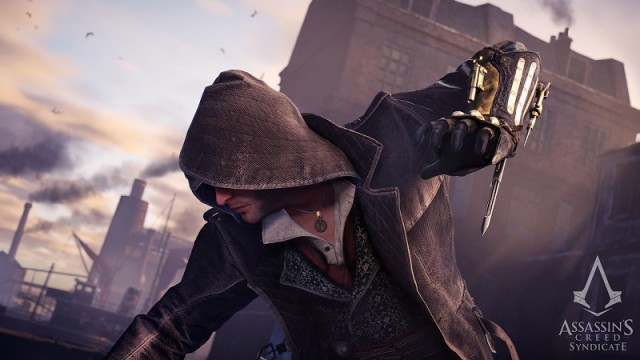
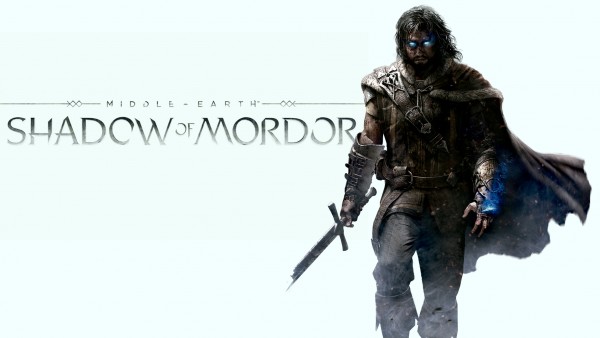
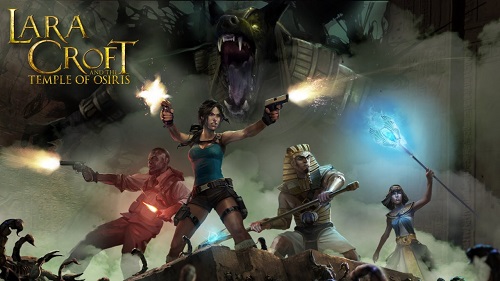

 Sia rebate criticism of the video for Elastic Heart
Sia rebate criticism of the video for Elastic Heart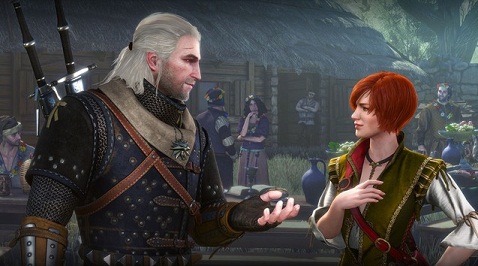 The Witcher 3: Hearts of Stone Diagrams, Viper Armor locations
The Witcher 3: Hearts of Stone Diagrams, Viper Armor locations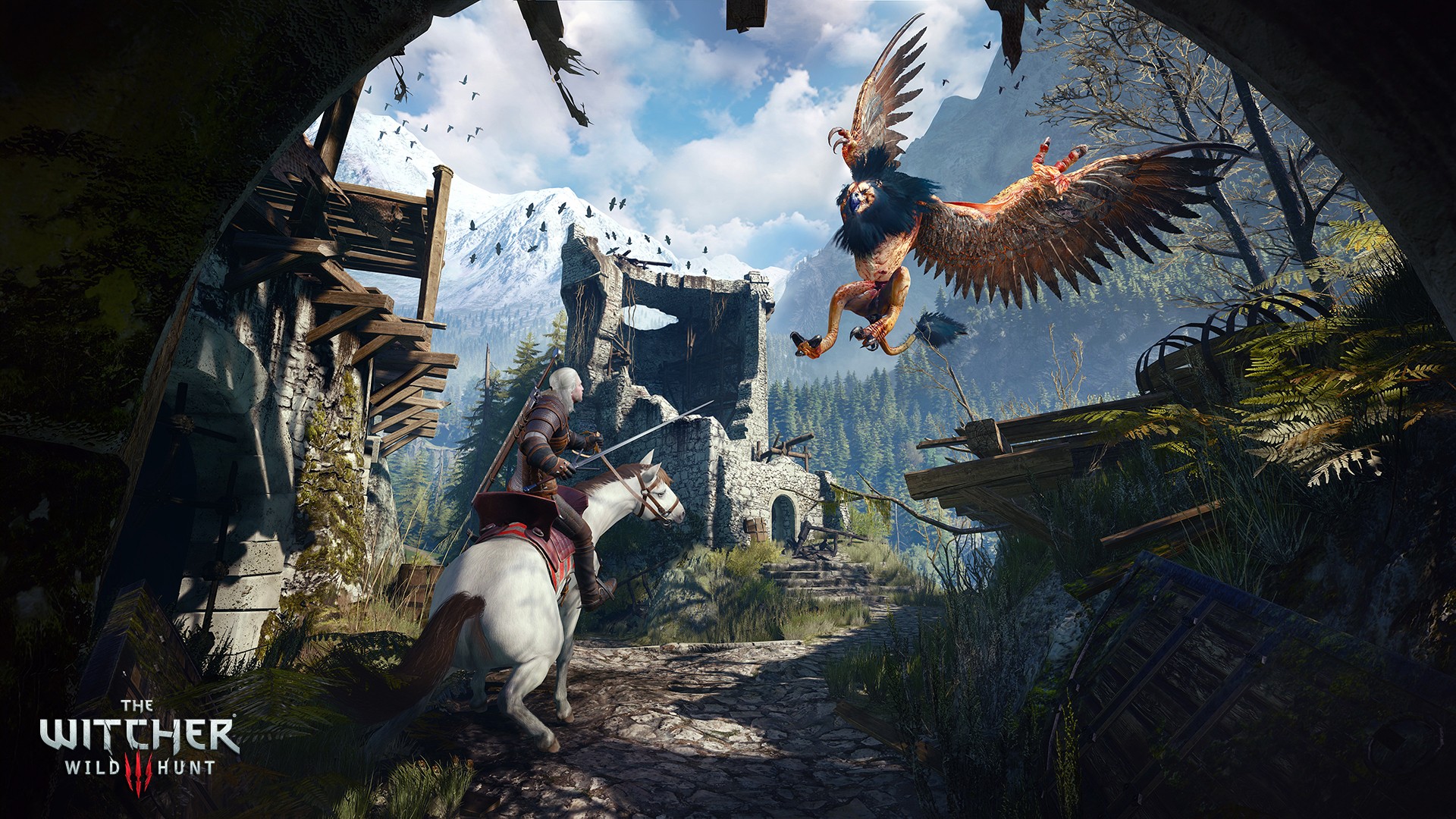 Easiest and Best Way To Beat The Royal Griffin Monster In The Witcher 3: Wild Hunt
Easiest and Best Way To Beat The Royal Griffin Monster In The Witcher 3: Wild Hunt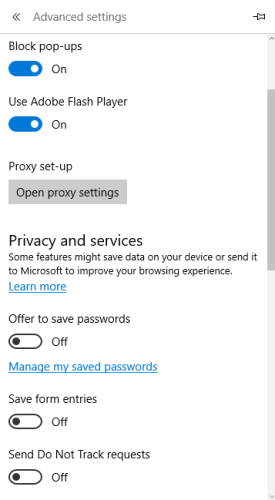 A Microsoft Edge Review From A Die-Hard Chrome User
A Microsoft Edge Review From A Die-Hard Chrome User Bloodborne Wiki – Everything you need to know about the game. .
Bloodborne Wiki – Everything you need to know about the game. .